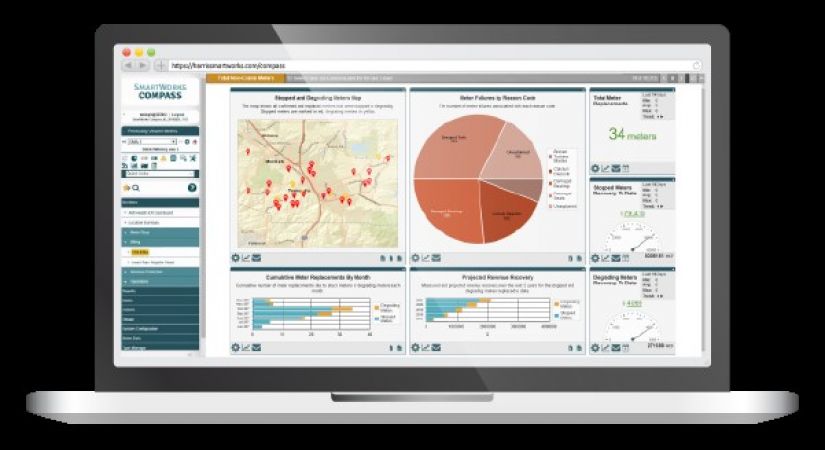
Applied Research project date: Apr 2021 – Mar 31, 2023
Utility usage is monitored by 'smart meters' which measure automated, detailed, accurate, and frequent usage data for individual clients. Compared to analog meters which are read manually (typically once a month), smart metering offers wide benefits for both utility companies and for customers. Examples include companies are able to balance loads and eliminate service disruptions, and customers are able to adjust consumption habits to reduce costs or, as with electricity, to sell back power to the grid (e.g. from solar panels or wind turbines). However, the challenges of analysing the vast amounts of metered data continue to seriously hinder reaping many more benefits. This project will help utility companies provide safer and more reliable electricity, water, and gas services to Canadian and international businesses, homeowners, and renters.
This project will also help the utilities to reduce their costs. Furthermore, these utilities have conservation and/or demand management goals and this technology will help them achieve those goals, which in turn lead to carbon emission reductions and better stewardship of water resources. Businesses, homeowners, and renters will benefit from safer and more reliable electricity, water and gas services. This project will also help to reduced costs for utility companies will be passed on to the public via lower rates, as is stipulated by profit margin regulations on provincial utilities.
Research Team:
Youry Khmelevsky - Okanagan College
Albert Wong - Langara College
Research Partner:
Harris SmartWorks, a division of N. Harris Computer Corporation (www.harriscomputer.com), an Ottawa-based market-leading provider of utility data software solutions since 1976. The company is collaborating with the Okanagan College's Department of Computer Sciences to develop applications to create a system that takes non-technical, plain language questions from utility users, and uses artificial intelligence and the vast amount of data within the software system to answer those questions. The system will accept both typed and voiced questions.
Photo credits: https://harrissmartworks.com/
Applied Research
Okanagan College’s applied research agenda is driven by employees who are interested in participating in and contributing to solving problems and acquiring solutions for business, industry and community partners. Applied research provides students with enhanced real-world, hands-on learning experiences and it deepens the learning and teaching experiences that employees extend to students.
